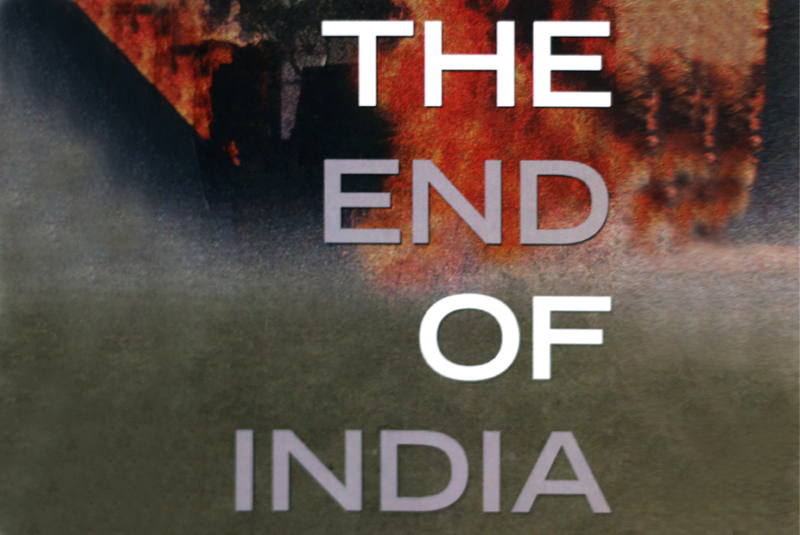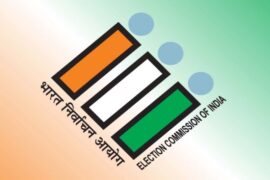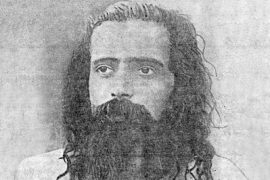The juggernaut of Hindu fundamentalism has emerged from the temple of intolerance and is on its yatra. Whoever stands in its way will be crushed under its mighty wheels.
In 2003, India’s most prolific author and best-known columnist, Khushwanth Singh, warned of the dangers of rising religious fundamentalism in India in his pithy, incisive book, ‘The End Of India’. Fourteen years after it was first published, Khushwant Singh’s fierce, uncompromising critique on the ugly face of religious fundamentalism and the rising tide of fascist Hindutva ideology, remains relevant to our times. In his inimical style, he writes:
Fascism has well and truly crossed our threshold and dug its heels in our courtyard. And we have only ourselves to blame for this. We let the fanatics get away with every step they took without raising a howl of protest. They burn books they did not like; they beat up journalists who wrote against them; they attacked cinema houses showing films they did not approve of; they smashed the equipment of film-makers ready to shoot film scripts cleared by the government; they vandlized the studio and paintings of India’s leading artist (not surprisingly, a muslim); they perverted texts from history books to make them conform to their ideas. We allowed them to do all this, as if none of this was our business…They foulmouth everyone who disagrees with them. To them, we are pseudo secularists.
Khushwant Singh’s understanding of religious texts and historical facts, (having spent years teaching Comparative Religion in the United States), lived experience as a young Sikh who narrowly escaped the horrors of partition (and the ensuing communal violence), have helped him connect the dots across history. He tells a compelling story of the disastrous consequences of religious fundamentalism and identity politics. His observations are poignant and full of empathy, yet acerbic and incisive. Narrated through a prism of historical facts combined with years of reporting, his writing reflects anguish and anger about the rise of religious fundamentalism and identity politics in India.
-30-
Copyright©Madras Courier, All Rights Reserved. You may share using our article tools. Please don't cut articles from madrascourier.com and redistribute by email, post to the web, mobile phone or social media.Please send in your feed back and comments to [email protected]











